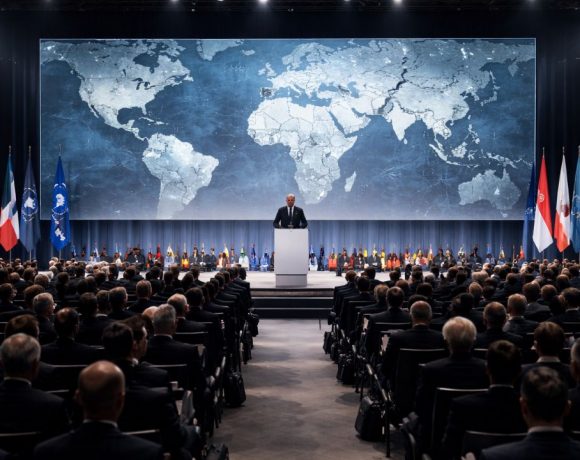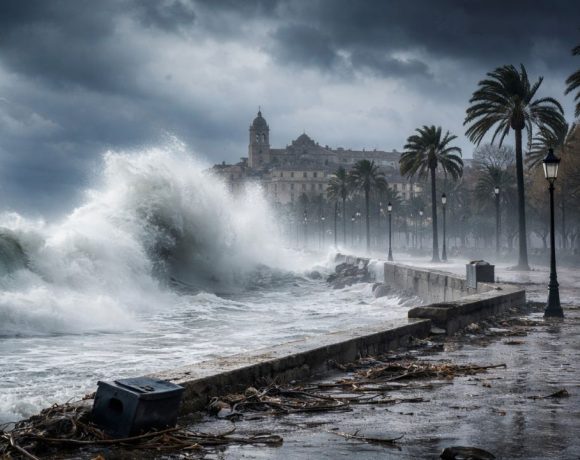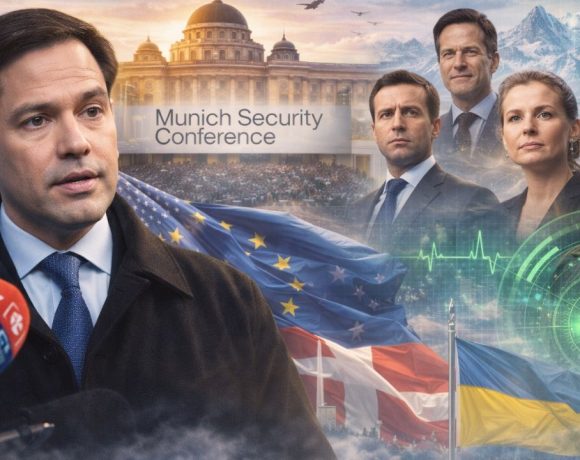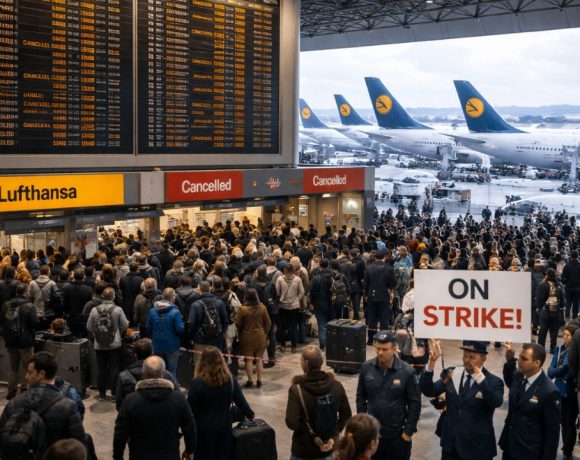
French cosmetics giant L’Oréal would welcome taking over the Gucci beauty licence before its current 2028 expiry, chief executive Nicolas Hieronimus said, confirming that discussions are under way between Gucci owner Kering and present licence holder Coty. Speaking at an analyst conference, Hieronimus said L’Oréal would be “happy to get the brand sooner,” but stressed that negotiations do not directly involve his company.
The Gucci beauty licence was a key element in a broader deal struck last year between Kering and L’Oréal, sources have said. While Gucci is one of the world’s most recognisable luxury brands, analysts view its beauty segment as underdeveloped. The licence currently remains with Coty until 2028, though Coty’s new chief executive has said the company is open to value-creating deals for shareholders. Both Kering and Coty declined to comment on the ongoing talks.
Kering sold its beauty division, centred on fragrance brand Creed, to L’Oréal for €4 billion last October, a transaction widely seen as paving the way for closer cooperation around Gucci. Industry sources have said L’Oréal’s main strategic interest lay in securing the Gucci beauty licence rather than Creed itself. Earlier attempts by Kering to buy out Coty’s licence were rebuffed, and the issue remains unresolved as all sides work towards a potential agreement.
Pic courtesy: google/ images are subject to copyright









